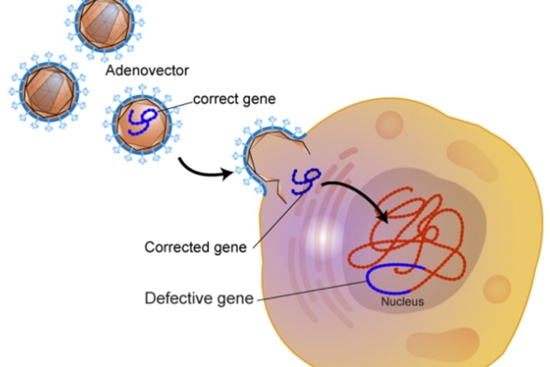The 2016 Summer Olympic Games has kicked off in Rio de Janeiro. At this four-year time, we are cheering for the extraordinary talent, perseverance and elegance that athletes from all over the world will show, whether they are from Iceland in the cold of the cold or Nigeria near the equator. However, at the same time, there may be some athletes using illegal drugs to improve their sports performance. This practice is not only unfair to other athletes, but may also cause damage to the athlete's own body. The role of the World Anti-Doping Agency (WADA) is to provide the Olympic Committee and other sports organizations with tests on illegal drugs. The agency has previously accused Russia of implementing doping programs for athletes at the national level, resulting in more than 100 Russians. Athletes are prohibited from participating in the Rio Olympics. Of course, this situation in Russia is just the tip of the iceberg.
In the 1980s, people were worried that the stimulants taken by athletes were amphetamines or steroid hormones. Now it seems that this is a pediatrics. With the development of biotechnology, stimulants have also undergone renewal. Recently, World Anti-Doping Agency officials have become more and more worried that in the future, sports players will greatly improve their strength, speed and endurance by manipulating genes.
Since the late 1990s, researchers have found that the introduction of genes into mice or other animals increases muscle mass in these animals, accelerates cell repair, and promotes the production of oxygen-bearing red blood cells. Such genes can be injected directly into the muscle of the target animal or inserted into the animal's own DNA by viral infection.

It is still unrealistic for athletes to adopt successful genetic “stimulantsâ€.

Image source: National Institutes of Health
Teriparatide injection pen is a medication used to treat osteoporosis in men and postmenopausal women who are at high risk of bone fractures. It is a type of parathyroid hormone that stimulates bone growth and increases bone density. The injection pen is a pre-filled device that contains a single dose of teriparatide and is administered subcutaneously (under the skin) once a day. The pen is easy to use and has adjustable dosing options to ensure the correct amount of medication is administered. Teriparatide injection pen is typically prescribed for up to two years and may be used in combination with other osteoporosis medications.
Teriparatide Injection Pen,Resuable Pen Injector,Teriparatide Pen Injector,Pen Injector For Teriparatide
Shanghai Enjosim Medical Technology Co., Ltd , https://www.enjosimmedical.com